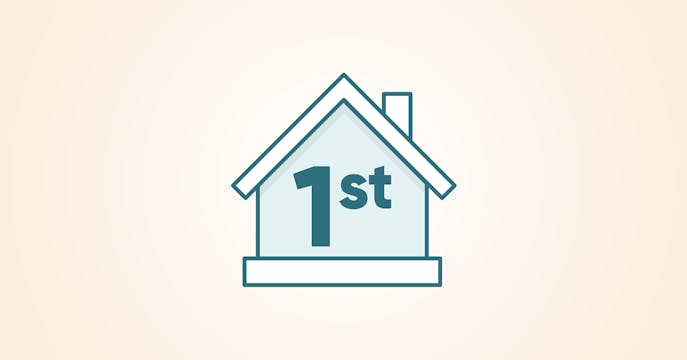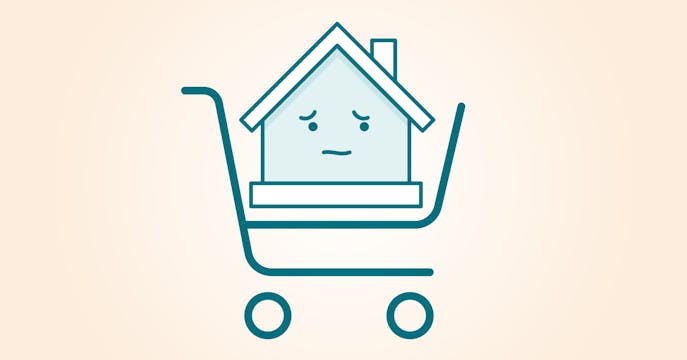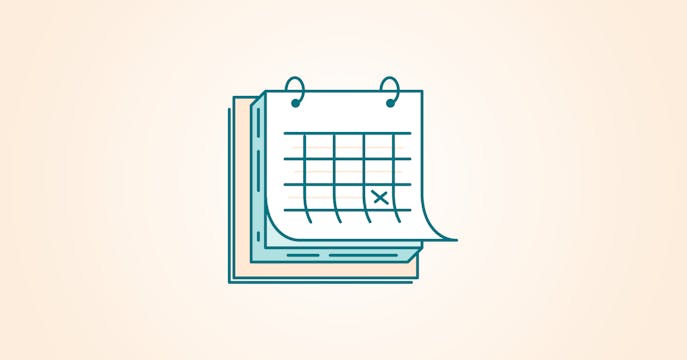Lowest Mortgage Rate in Canada. Starting from 2.49%
Are Home Prices Coming Down From the Peak?
The average house price in Canada reached an all-time high this past spring.
Here's the lowdown on where house prices are now, where they may be going, and how you can still save money on your mortgage.
Easing from pandemic heights, prices remain high.
After reaching a peak of over $716K in March 2021, the national average home price in Canada cooled slightly to around $662K in July, according to the Canadian Real Estate Association (CREA) MLS stats.
While this decrease may seem like good news, the July 2021 average is still 15.6% higher than a year ago, and 32.6% higher than than two years ago. Keep in mind that this national average takes into account Greater Vancouver and Toronto areas, and aren't seasonally-adjusted. But, price increases year-over-year have been logged in across the provinces.
Here's a quick breakdown of the approximate increase in average house price by province (see the CREA map here), comparing July 2021 to July 2020:
- British Columbia - 17%
- Alberta and Saskatchewan - 7-8%
- Manitoba - 2%
- Ontario and Quebec - 16-18%
- New Brunswick and PEI - 33%
- Nova Scotia - 21%
- Newfoundland and Labrador - 12%
- Yukon - 34%
- NWT - 14%
Check out our Housing Stats blog for more area-specific resources.
Where are house prices going next?
According to experts, even though housing market sales have cooled to below record levels, they are still seeing high demand sparked by low interest rates and the pandemic need for bigger or better space. Buyers are still buying, and combined with a chronic shortage of houses on the market — which lead to the extreme bidding wars and skyrocketing prices this past spring — prices are staying aloft, and are predicted to stay that way for the next while, at least.
While the moderation of sales activity continues to capture most of the headlines these days, it's record-low inventories that should be our focus. We still have extremely unbalanced housing markets all over the country.
– Cliff Stevenson, Chair of CREA
With the housing shortage expected to stretch into more months, if not years, economists are waiting to see if demand wanes enough heading toward 2022 to lower prices and normalize markets, or if federal policies or future rate adjustments will intercede.
Update September 28, 2021: CMHC's latest housing assessment includes Hamilton, Ottawa, Halifax and Moncton in its 'overheated and overvalued' market-risk areas.
Update October 18, 2021: CREA stats released on Oct. 15 shows that the national average home price (not seasonally adjusted) increased again by 3.59% from August to September (to 686,650), and marks a 13.94% increase over September 2020.
Where are interest rates headed?
Variable rates currently hover at historic lows. However, inflation is proving to be more problematic that first thought (or hoped). During its latest Oct. 27 rate announcement, the Bank of Canada revised its rate-hike timetable to possibly begin earlier, now eyeing the middle quarters of 2022. Which still leaves variable rates tied to prime likely remaining stable for a stretch longer.
For the moment, our variable mortgage rates are so much lower overall compared to fixed mortgage rates, allowing plenty of room to absorb increases. Fixed rates continue an upward trend recently, being pulled higher along with recent surges in the government bond yield market.
Despite coming up in the past couple of months, fixed rates are still lower than a couple of years ago, and a good option for those who shudder at the thought of changing mortgage payments tied to the prime rate.
Related: Should you choose a variable or fixed mortgage rate?
With these higher house prices, how can I save money on my mortgage?
There are a few ways to save money despite the recent higher house prices — the most obvious one is to get your best-possible mortgage rate, whether variable or fixed. We can help with that, passing along our volume discount so that you can save thousands. You still have to qualify for your rate through the federal stress test, but make sure it's the best one you can get.
Next, your mortgage product really matters. If you don't have the right fit, or a too-restrictive product, you'll end up paying more in fees or pre-payment penalties in the future, when you least expect it. And, saving more for a down payment can help keep your mortgage payments lower, as well.
Apply online with us, or talk directly to one of our expert brokers for great advice on getting the right mortgage, the right lender, and your best rate.
How does the federal stress test affect my mortgage rate?
This past June, the federal government passed stricter mortgage rate qualifications, to help ensure that if interest rates start to rise, you'll still be able to afford your mortgage payments. Even though you need to 'qualify' at the rate they set out, we'll still be able to provide your best actual rate, which will make a difference over the life of your mortgage.
You can read and see what the stress test means for your mortgage rate on our blog: Mortgage Stress Test: What is it and how does it work?
I want to buy a home for the first time. Are there programs to help?
There are several federal and provincial first-time buyer incentives, programs and rebates that may apply to your situation. Check out our First Time Home Buyers page for more information, or call us and we'll quickly help you out.
In the midst of higher home prices, we're here to provide your best rate and mortgage experience. Give us a shout, anywhere you are in Canada.
Let's talk about rates.
We know mortgages, here's more

First-Time Home Buyers
Get the best start and save a pile of cash with our mortgage experts.

How are home prices doing?
To shop or not to shop? Here's some perspective to help you decide.

Pre-Payment Penalties and Privileges
What pre-payment rules do you have? And will it cost you? We can help.

Mortgage Rate Forecast (2026-2030)
Continually updated. Where rates may go now and later — and what’s driving them.

